|
When the US House of Representatives voted in favour of a resolution last month to recognise the 1915 massacre of Armenians by the Ottoman Empire as a genocide it was a significant moment for the Armenian diaspora. And it caused an angry response from Turkish President Recep Tayyip Erdoğan, who said it had deeply hurt the Turkish nation. Maria Koinova explains how the Armenia diaspora has worked to forge coalitions across the world to push for genocide recognition.
One million dollars. That’s how much Gordon Sondland gave to Trump’s inaugural committee, helping Sondland to win the position of ambassador to the European Union. He’s far from the first wealthy donor to seek the title of ambassador. Penn State University professor and former ambassador Dennis Jett digs into the political culture of selling ambassadorships, “a time-honored practice used by presidents of both parties.”
|
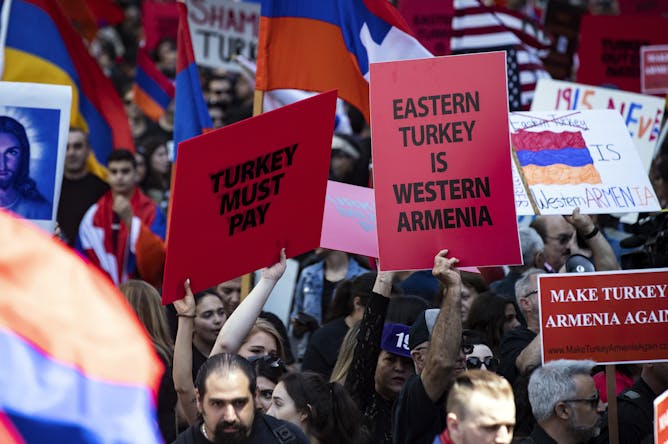
The Armenian diaspora out in force in Los Angeles in April 2019.
Etienne Laurent/EPA
Maria Koinova, University of Warwick
A recent vote in the US House of Representatives recognised the Armenian massacre of 1915 as a genocide in a significant moment for the Armenian diaspora.
|
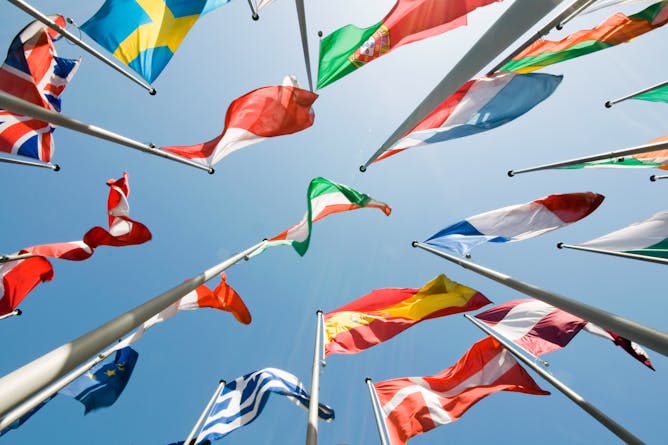
Some positions attract more political appointments – like those in Western Europe.
Markus Pfaff/Shutterstock.com
Dennis Jett, Pennsylvania State University
The United States is the only developed, democratic country that has a political culture of selling ambassadorships.
|
Politics + Society
|
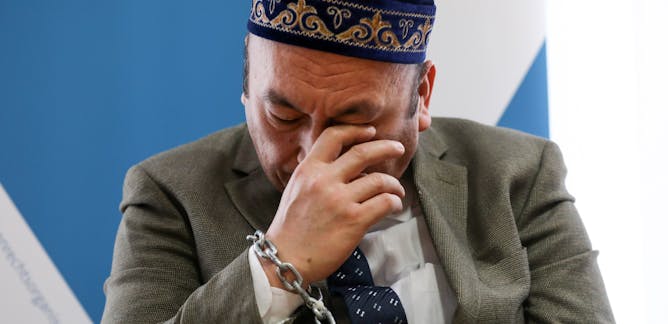
Michael Clarke, Australian National University
The New York Times has published 400 pages of Chinese government documents on the 're-education' camps for Muslim detainees in Xinjiang. Here's what you need to know.
| |
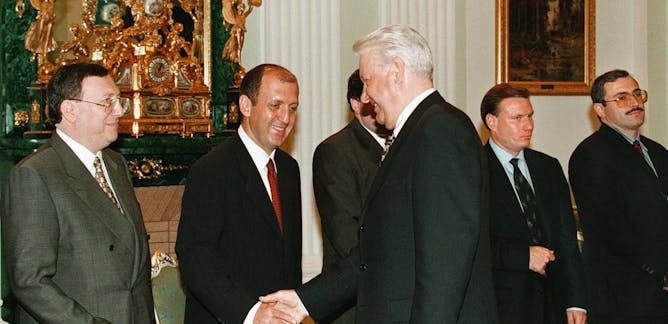
Joel Samuels, University of South Carolina
Oligarchs have made headlines recently as the impeachment hearings against President Donald Trump move forward.
|
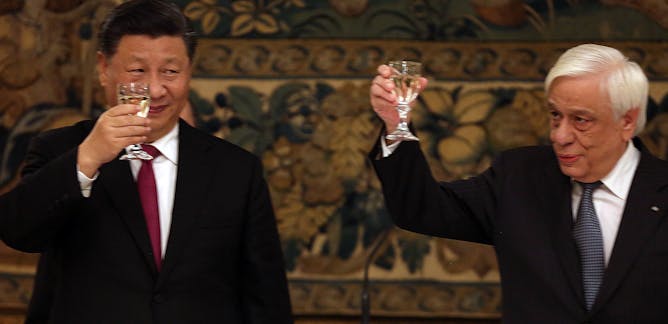
Dimitrios Syrrakos, Manchester Metropolitan University
Where else were all those hard-headed refusals to make things easier for the eurozone strugglers going to lead?
| |
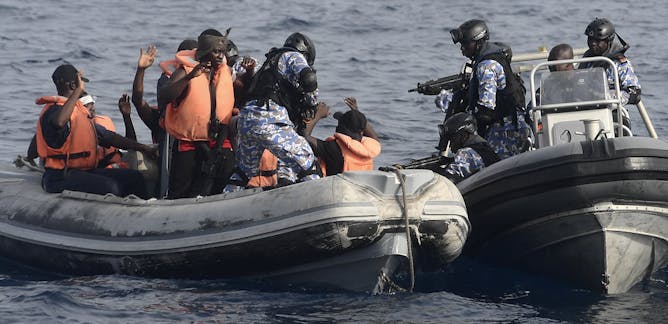
Dirk Siebels, University of Greenwich
Feeding a simple narrative of piracy without a broader look at other maritime security challenges hinders progress in dealing with it.
|
|
|
Science + Technology
|
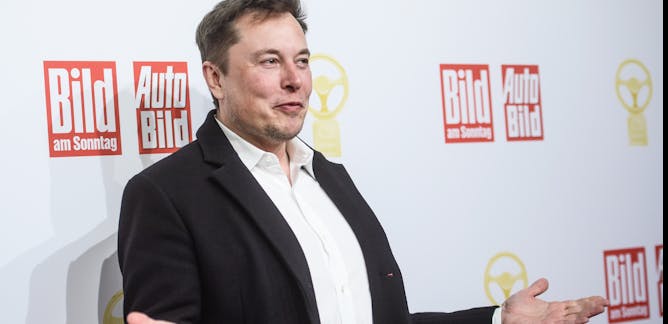
Nathan Furr, INSEAD
One of the questions I’m asked most frequently is: how can you make sense of Tesla’s wild strategies?
| |

Merten Reglitz, University of Birmingham
Guaranteed internet access is now crucial for everyone to equally exercise their political rights.
|
|
|
Health + Medicine
|

Kelly Chibale, University of Cape Town; Richard Gordon, South African Medical Research Council
The aim is to discover, develop and facilitate delivery of anti-malarial medicines to help tackle the burden of malaria in endemic countries and support malaria eradication.
| |

Vincent Ho, Western Sydney University
There are three classes of parasites that can cause disease in humans. Here's what you need to know.
|
|
|